NATO launches new ‘surveillance’ network as war rages on in Ukraine
The chief of the NATO military alliance has announced a plan to launch a new “virtual network” comprising national and commercial satellites as the war in Ukraine approaches one year.
NATO Secretary-General Jens Stoltenberg, speaking to reporters on Monday ahead of the bloc's defense ministers' meeting in Brussels, said the move is designed to bolster the alliance's "intelligence and surveillance" as well as support its "missions and operations."
“This will improve our intelligence and surveillance. And support NATO missions and operations,” Stoltenberg said, adding that it would allow for “better navigation, communication, and early warning of missile launches.”
It comes after Moscow warned that Western commercial satellites being used in the Ukraine war could be "legitimate military targets".
In October last year, a senior Russian foreign ministry official was quoted as saying that commercial satellites from the United States and its allies could become legitimate targets for Russia if they were involved in the war in Ukraine.
"Quasi-civilian infrastructure may be a legitimate target for a retaliatory strike," Konstantin Vorontsov, deputy director of the Russian foreign ministry's department for non-proliferation and arms control, told the United Nations, calling it "provocative".
Stoltenberg said the new network would require increased military spending from those nations, adding that the discussions during the NATO defense ministers meeting will seek to “maintain and step up defense spending across the alliance."
The NATO chief also reaffirmed the alliance's support for Ukraine in the war against Russia "for as long as it takes."
Russia launched what it calls the "special military operation" in Ukraine in February 2022, with NATO's eastward expansion blamed for the war. Next week, the simmering war will complete one year.
Russia views the alliance’s efforts to make Ukraine a member and to deploy missiles close to its borders as a direct threat to Russian territory.
Stoltenberg also hinted at the expansion of NATO’s efforts in Eastern European countries, and bolstering its "practical support" for Bosnia and Herzegovina, Georgia and Moldova, whom he described as “valued partners which face Russian threats.”
US threatens Iraq with potential sanctions if Maliki returns as PM: Report
Iran and Russia’s quiet economic realignment
Iran Judiciary: EU resolution parrots counter-revolutionary claims
VIDEO | Aerial shots of floods in western France's Maine-et-Loire department
UK police usurped by Zionists
Baghaei to Press TV: Iran enters Geneva talks with ‘open mind and open eyes’
Warships can be sent to the seabed, Leader says in response to Trump’s threats
VIDEO | Press TV's news headlines


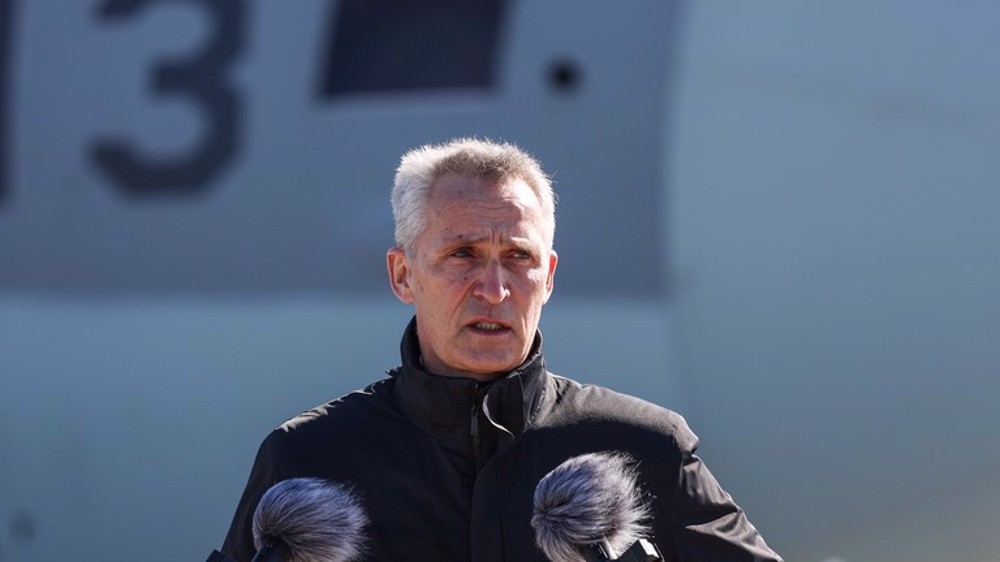
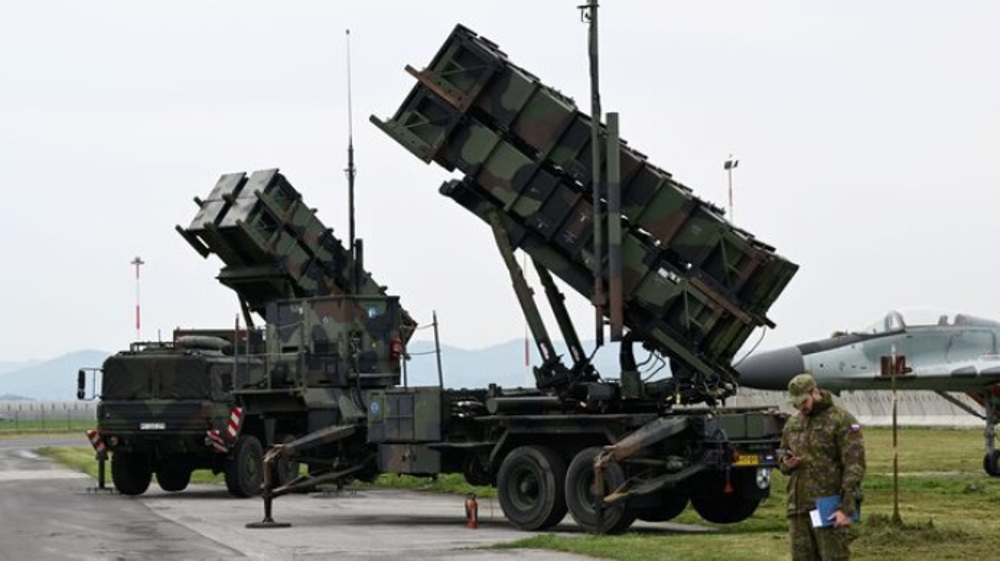
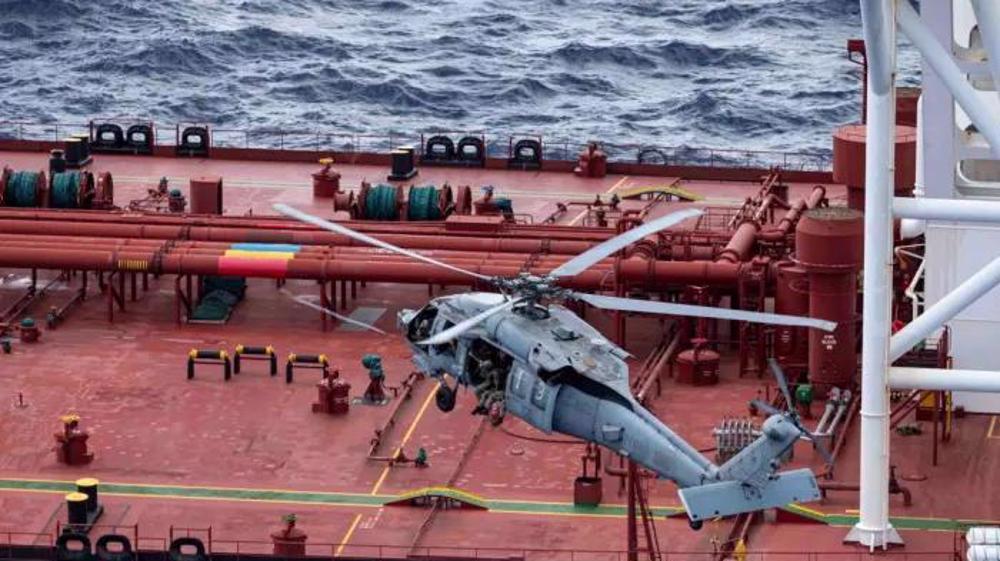
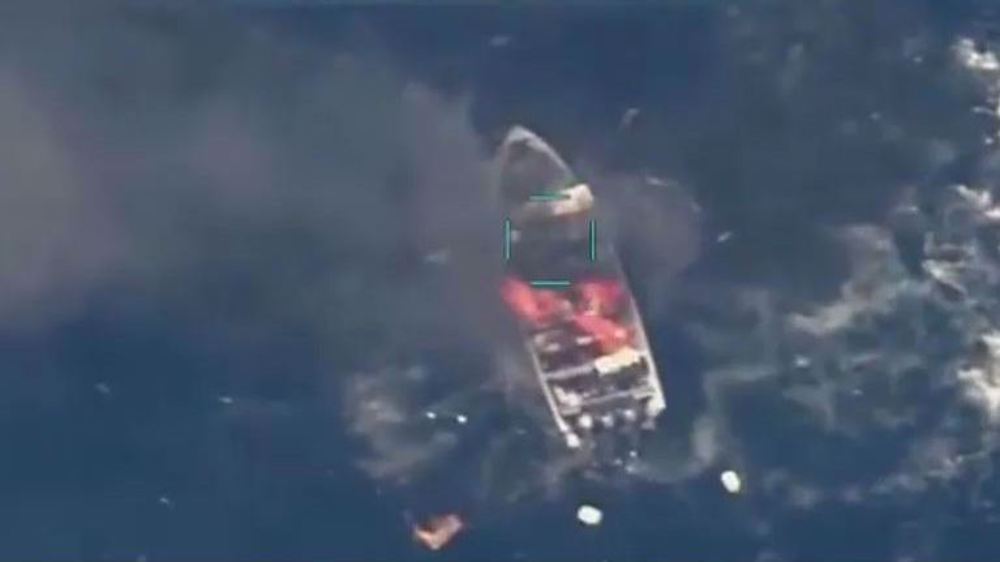



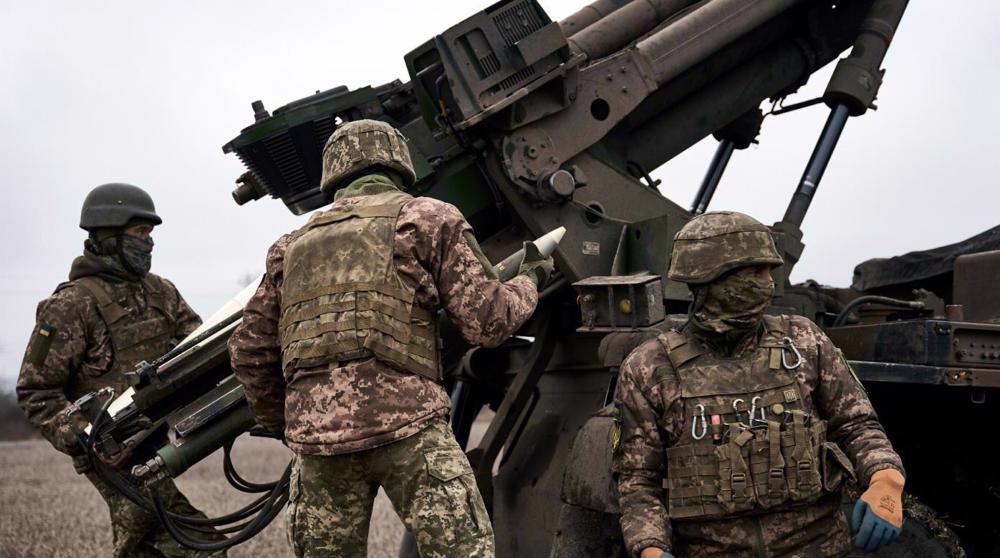
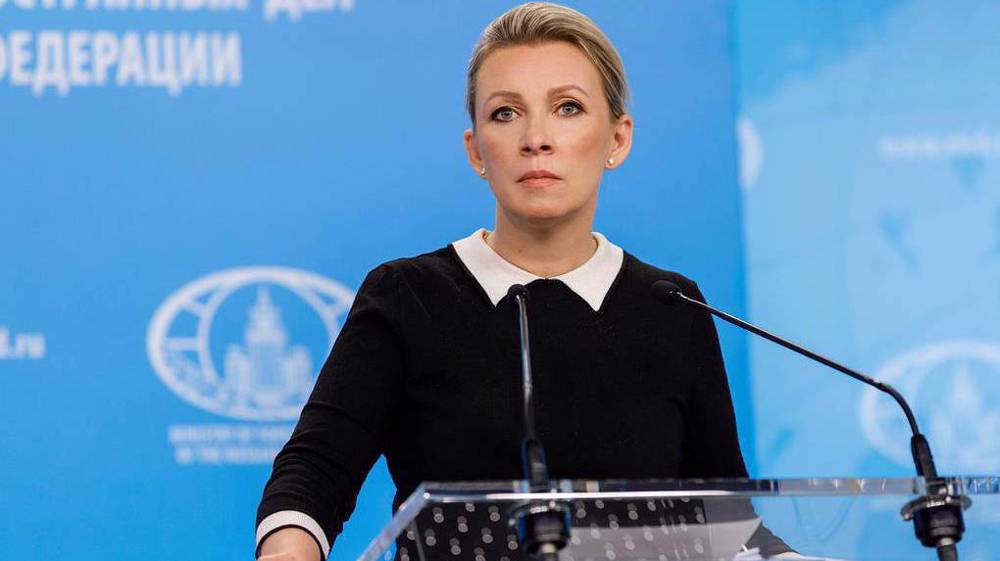
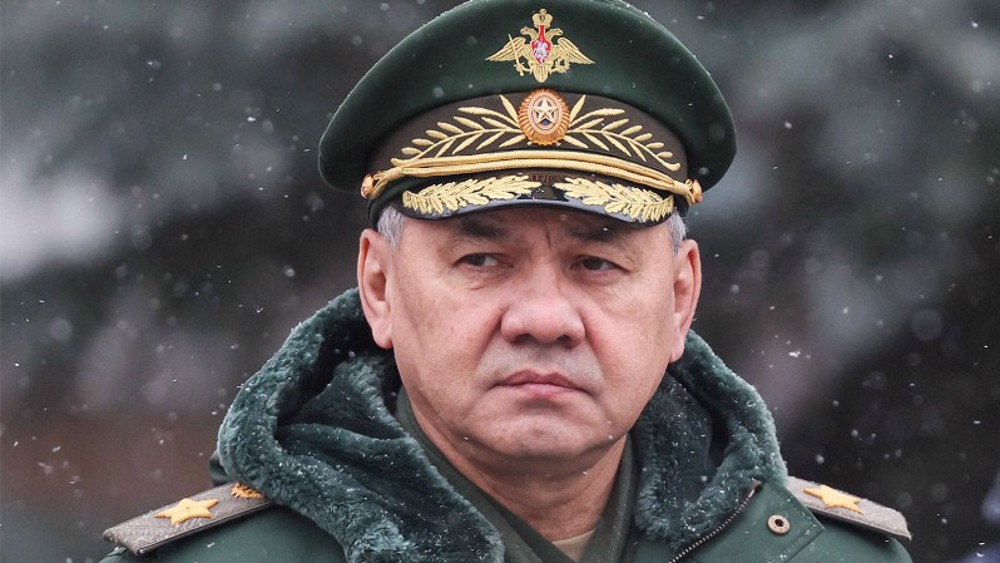

 This makes it easy to access the Press TV website
This makes it easy to access the Press TV website